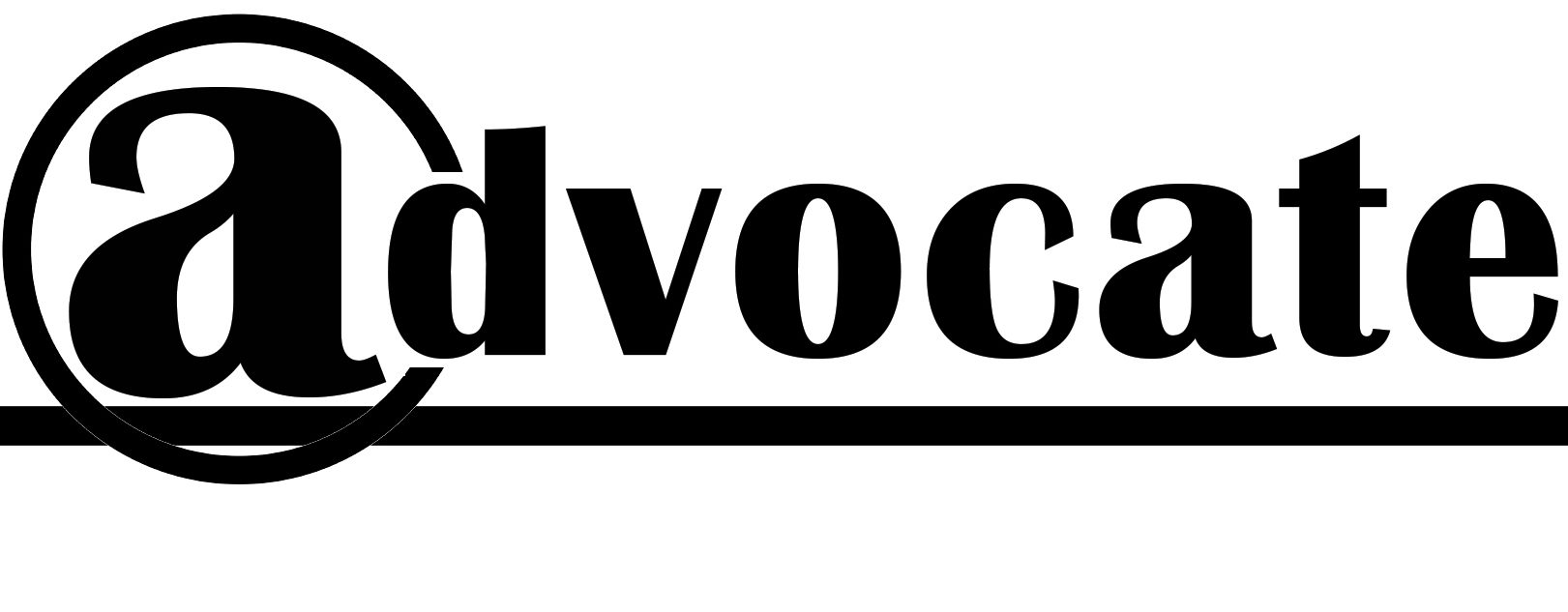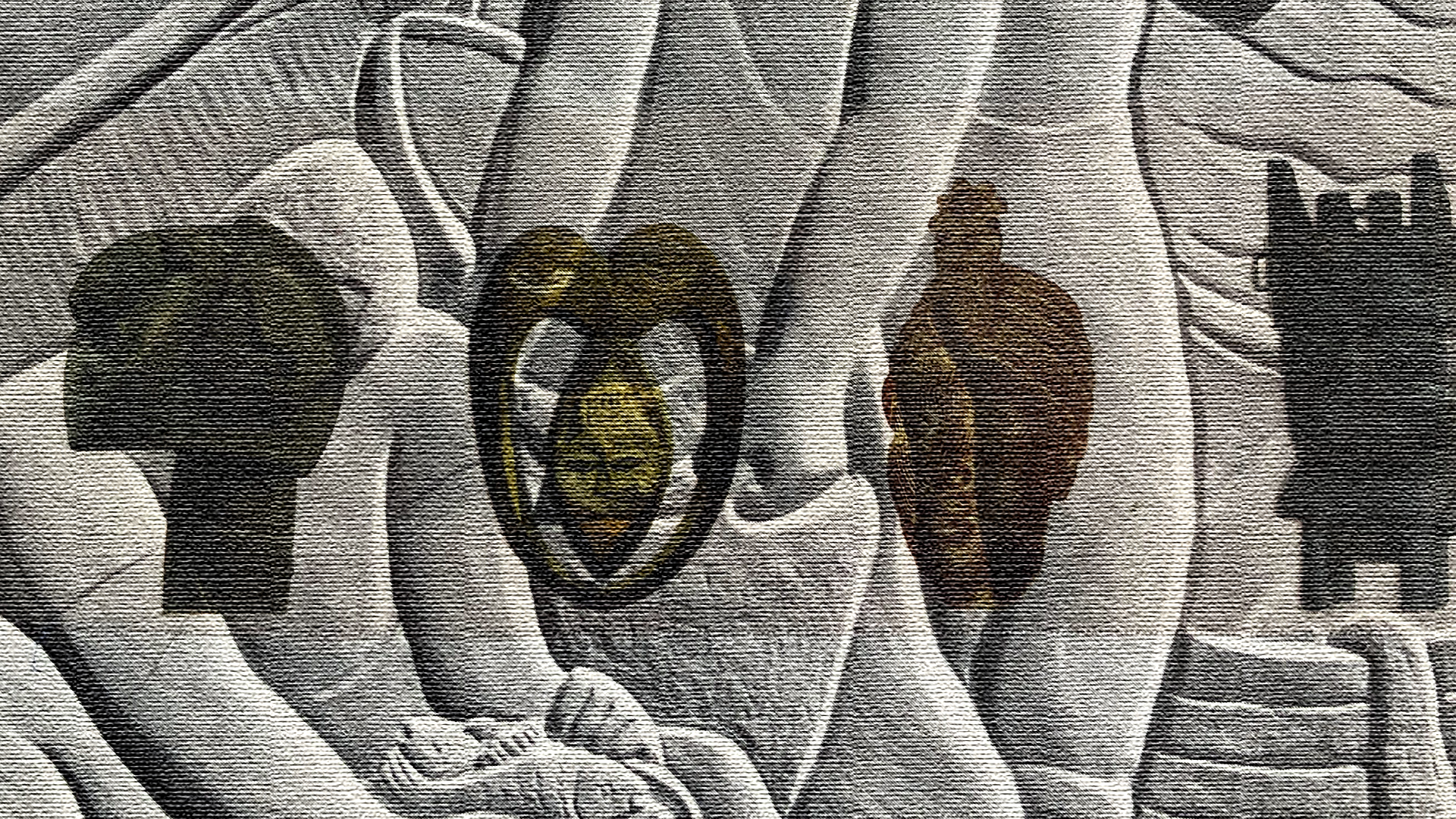By Dani Stompor
I have a bone to pick with the word “capture.” It comes up a surprising amount in archive jargon: capturing the essential qualities of an object in its metadata, digital capture of an analog object, capturing the oral history of a given interviewee to preserve in our digital records system of choice. It seems we are constantly in the business of capturing. This may seem like semantic nitpicking, but the violent, hunter-like quality of work implied by “capture” does feel distressingly apt for the mentality we are often trained to operate in as memory workers. We are engaged in a constant uphill race to preserve as accurate a record of the past as we can, and it can feel like a war against oblivion. The anxieties only compound when dealing with the materials of queer people whose histories the discipline of archiving was never designed to preserve. It can feel empowering—sexy even—to imagine that we are engaged in a duel against the cis-heteropatriarchy itself. When we start to apply the language of violence, however, it bears asking: should our job be to “capture” anything?
From 2022-2024, I compiled potential interviewees for an oral history project focused on queer life at Queens College for their library’s Special Collections and Archives (SCA). Throughout this project, I ran into the same issue over and over again. I would get ahold of an alum or former professor over email or phone, get so far as to learn a bit more about their life at CUNY and beyond, but when it came time to sign releases and schedule interviews, I would stop getting replies. Phone calls would go unanswered, emails were left unread. The cycle repeated itself several times over, leaving me with a litany of orphaned stories about how it felt to be queer at CUNY without a means of preserving them. Each loss still stings.
From the start, I’ve sought to frame this oral history project as a form of collective care work. Joseph Gould, when pioneering the modern American form of oral history in the 1940s, envisioned his work documenting Greenwich Village bohemia as “[putting] down the informal history of the shirt-sleeved multitude––what they have to say about their jobs, love affairs, vittles, sprees, scrapes, and sorrows” (“Profiles: Professor Seagull,” New Yorker December 4, 1942). Oral history offers an opportunity for the interviewer as well as the audience to listen against the grain, to attend to the private life of an individual shirt-sleeved worker to understand the larger scope of events they lived through. It is also an opportunity to accept that, when we listen for the voices at the margins of “traditional” history, one person’s story needn’t be provably true to have an impact on how we relate to the past.
Most of us didn’t exactly grow up reading about gay or trans people in social studies class. For a long time, queer people have had to make do with myths and gossip, and we’ve accomplished a lot from it. Let’s take the Cooper’s Donuts riot of 1959 as an example. Here is a story we have of what happened: a group of gender nonconforming and transgender patrons were profiled and arrested by LAPD officers, sparking a riot that spilled out of the shop onto Main Street, Los Angeles. We know the events of the Cooper’s riot largely because of a high-profile witness, novelist John Rechy, who claimed to be present at the inciting incident. The events were not reported in local papers, and the LAPD claims any records would have been long since discarded. Understandably, the specifics of Rechy’s testimony change from telling to telling, with various elements contradicted or corroborated by others active in the LA scene at the time. The exact location, people involved, and even the year are in considerable doubt. In other words, we have a history without a clear who, where, or when.
Despite its questionable veracity, Rechy and his contemporaries offer an invaluable perspective on queer resistance in an era of suffocating homo/transphobia in the United States. More than that, they shout out stories of queer life in response to a world that tells us we have no history. Their testimony has had considerable influence on both scholarship and non-academic queer life specifically because it was freely, enthusiastically given. Years before a version of the riots made it to the page in Rechy’s 1963 novel City of Night, the stories of where one was during the riots swirled about the social circles of queer L.A., altering individuals’ relationships to police power, to public visibility, to one another.
Frankly, I don’t care exactly when the riots took place, if they took place at all. I care that a community of social outcasts lived despite persecution, fought against oppression, and made stories together to tell future generations how they lived. Larry Mitchell’s fantastical The Faggots & Their Friends Between Revolutions (1977) mythologizes queer relationships to record-keeping, writing:
The faggots cultivate the most obscure and outrageous parts of the past… and they love them so much that they tell the old stories over and over and then they act them out and then, as the ultimate tribute, they allow their lives to re-create those obscure parts of the past… and so these parts of the past are never lost. They are imprinted in the bodies of the faggots where the men [who harm them] cannot go.
Gould forecasted the intimacy of oral history work, dabbling with applying traditional preservation structures to epistemologies of the body found in the “sprees, scrapes, and sorrows” of disenfranchised peoples. As we refine established techniques to better serve queer communities, we must also be prepared to offer care and attention to fiercely protected stories––to listen on the terms our narrators provide.
To say that our work as oral historians is to capture a perspective does us a grave disservice. “Capture,” like “brand” or “master” (as in “master copy”), evokes the language of slavery, and not by incident. To capture something is to control it, depriving it of its agency, and through that its dignity. Through oral history I work to disrupt the trend of queer lives and voices being captured and placed in houses of detention, whether they be the closet or the prison or the graveyard. Particularly when attending to the stories of marginalized peoples, oral history work is a process of invitation, of cultivating environments where interviewees feel welcomed to share what they know and believe about the past, and where those interviews can safely flourish and be found by future users.
When we use the language of capture, we are confusing preservation with poaching. Freewheeling fables of queer life, queer organizing, and queer revolt shouldn’t be captured––they should be tended to. That requires doing the gardener’s work of cultivating interviews, crafting long-term approaches to ensuring that interviews are not lost or warped in the process of saving and describing them for future users. Occasionally, it also includes the sad work of letting certain vines wither.
Between November 2023 to April 2024, I had three phone calls with an alum who attended Queens College from 1986-1992, and again from 1997-1998. They were not involved in any extracurricular clubs, and their name crossed my desk almost entirely by happenstance through a shared friend. I was especially eager to record an oral history with them because of SCA’s dearth of material on LGBTQ life during that period. They had a unique path to CUNY, arriving amid the AIDS crisis eager to learn more about public health policy. They organized with ACT UP, as well as a few smaller collectives active at the time. They had a fraught relationship with the college over its handling of sexual health on-campus and spoke proudly and defiantly about organizing protests against blood drives.
Our calls were brief, but each was rich with tantalizing detail. Three times we ended with an agreed-on date of recording that they would later cancel. In our last correspondence, the subject indicated great trepidation about sharing their story for fear of consequences at their job. They rejected my proposal to delay the publishing of our conversation until after their retirement or death, though they continued to express an openness to recording something in the future. At this point, I made the difficult call to abandon my efforts, at least for now. I only had funding for two semesters and had a long list of names to work through in the meantime.
Should I have pushed harder? I could have kept up the pressure to record as soon as possible. After all, each month that passes increases the likelihood that they will forget a small fact, a crucial linchpin that could unlock a strain of research for a future listener. Or the worst may come to pass with the death of a prospective font of knowledge. With so much of the history of queer people around the world systematically wiped from textbooks and stripped from archives, it’s tempting to race to grasp hold of all that we can carry into the future.
I stand by my choice to let this dearly sought-after interview go. Pushing the issue risked compromising the safety and comfort of the subject. It’s likely the interview itself would have been influenced by their discomfort, and may have done more damage than good in the long run. What use is an encyclopedia’s worth of knowledge if we, as queer memory workers, aren’t taking care of our community? Moreover, as just about any archivist will tell you, time is one’s most precious resource. The kindest path may be to release a certain story in order to attend to others. In another time, I hope, that story will find its way back to us.
In the interim, I save my notes and document each action I’ve taken. Every few months, I check my list of parked projects to see if the timing for one of them may be right. And I wait. Even if it’s not me who will eventually conduct the interview, I hold out hope that the proper time and vessel for it to blossom will come. I place my faith in queer people to determine when their stories are to be shared, holding out one hand to the past to collect it when it’s ready. I extend my other hand out to the future: to the archivist, researcher, or curious student who enters the archive wanting to know how we lived.

